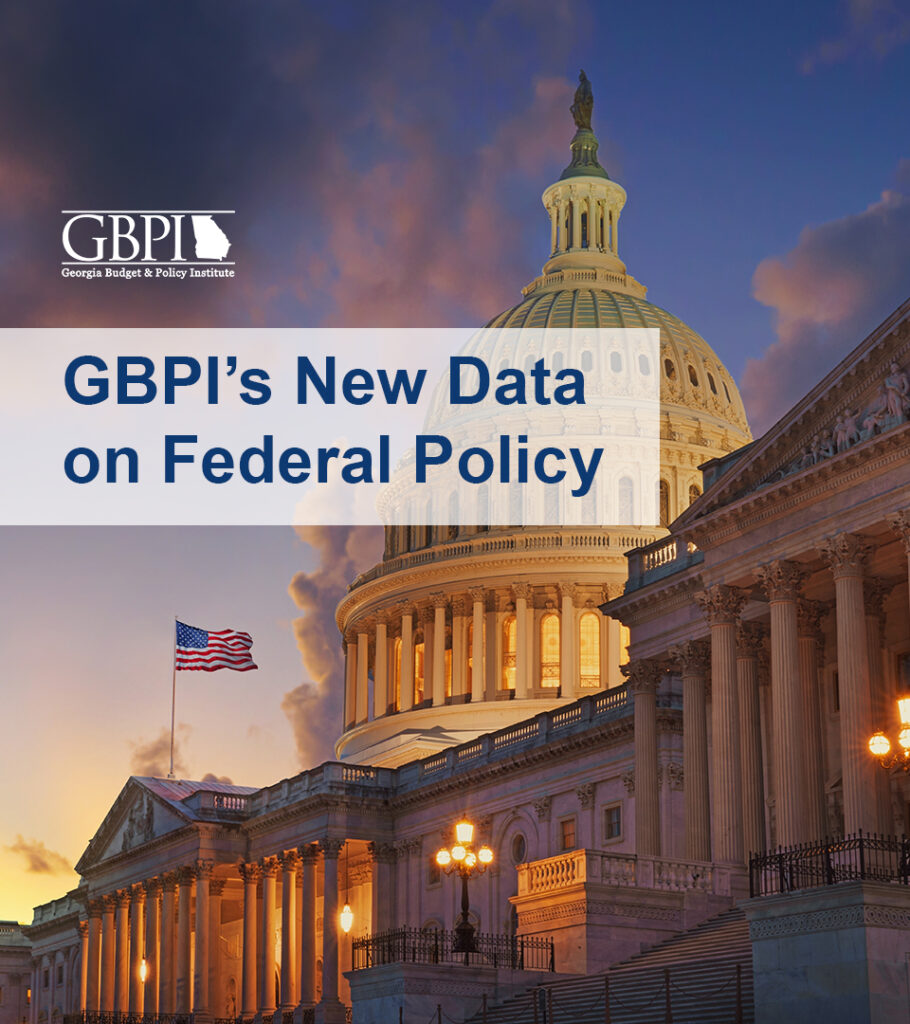At the House Higher Education Committee meeting on February 2, the Georgia Department of Audits and Accounts presented its recent performance audit of Student Access Loans (SAL). The Department of Audits notes that Georgia’s approach to financial aid is “unique among states” in that the state provides need-based aid primarily through loans, and the only other program to consider financial need, Georgia REACH, is much smaller than SAL.
Student Access Loan Key Facts
- SAL was established in 2011 as a needs-based, low-interest loan.
- Georgia Student Finance Authority (GSFA) administers SAL through its regulatory authority. SAL is not in Georgia code: The program was established through appropriations, without separate legislation.
- SAL relies on an annual $26 million state lottery fund appropriation.
State Performance Audit’s Key Findings
- Georgia is one of few states that offer loans for need-based financial aid, which most states provide through grants and scholarships.
- In FY 2021, about 5,600 students received $28 million in loans through SAL. The state provided $26 million in lottery funds, and an additional $2 million from principal repayments were loaned back out.
- In FY 2021, SAL cost $3 million to administer. SAL revenues from interest income and fees cover administrative expenses.
- Few borrowers have benefited from SAL’s service cancellation and loan discharge options. These options include full loan discharge for technical college students who graduate with a 3.5 GPA and bachelor’s or associate degree graduates who work in certain public service occupations (e.g., teaching, state or local government).
- Almost one-third of SAL borrowers (31 percent) default on their loans within three years, compared to 10 percent of federal borrowers.
- Default causes interest rates to increase to 5 percent from 1 percent.
- Borrower characteristics associated with higher default rates include not completing a postsecondary credential, attending a private for-profit or technical college and having a very low income.
- SAL’s $50 minimum monthly payment exceeds the amortized amount for some borrowers.
State Performance Audit’s Key Recommendations
The Department of Audits recommends the following:
- The General Assembly should consult with GSFA and clarify SAL’s goals and priorities, either through legislation or guidance to the agency.
- Identifying goals and priorities would affect reforms and require balancing trade-offs. For example, if a priority is to increase loan repayment, requiring a co-signer could be an option, but this could lower access to the student population SAL is intended to support. If a priority is to improve borrower assistance, improving loan discharge and cancellation is an option, but SAL would not generate as much revenue and cash flow in interest income and repayments.
- GSFA should consider lowering its minimum monthly payment, particularly for technical college borrowers who often borrow smaller amounts. The agency could also consider a payment plan that adjusts monthly payments based on borrowers’ ability to pay.
- GSFA should promote automatic monthly electronic payments as the preferred repayment method and consider offering incentives for participants.
- GSFA should consider changing its loan discharge requirement for technical college graduates to a 3.0 GPA from a 3.5 GPA. This would allow more technical college graduates to benefit and ensure consistency with HOPE. (Note: HOPE Grants, which apply to most technical college students, require a 2.0 GPA; HOPE Scholarships that cover bachelor’s and associate degree-seeking students require a 3.0 GPA.)
- GSFA should expand eligibility for loan discharge and/or service cancellation to include all borrowers that fulfill certain criteria regardless of school type or credential. Currently, only technical college students can discharge loans; public university system and private college students cannot.
Lawmakers posed several questions, including asking for more detailed information on the colleges and universities, majors or programs that were related to higher default rates. GSFC explained that the agency can disqualify colleges and universities from participating in SAL if their cohort default rates are too high. House Higher Education Committee Chair Chuck Martin noted the high administrative cost for the relatively small program and asked if there were a better way to deploy funds.
Watch the hearing and read the full report.
GBPI has proposed reforming SAL to fund scholarships and grants as a budget-neutral and effective option to support degree completion and reduce student debt.
GBPI resources on SAL:
- Scholarships are a Better Way to Use Lottery Dollars than Student Loans
- Fast Facts on Student Access Loans








